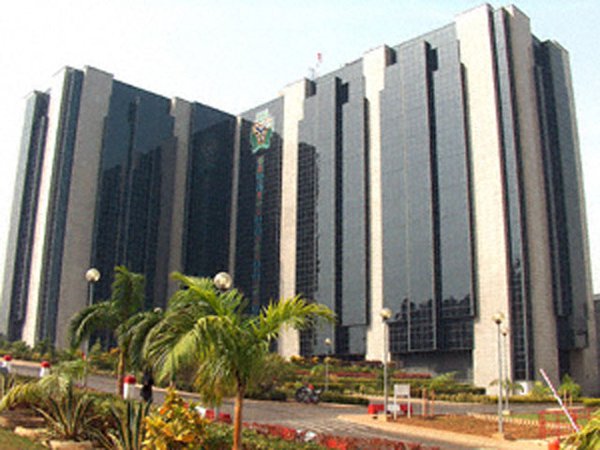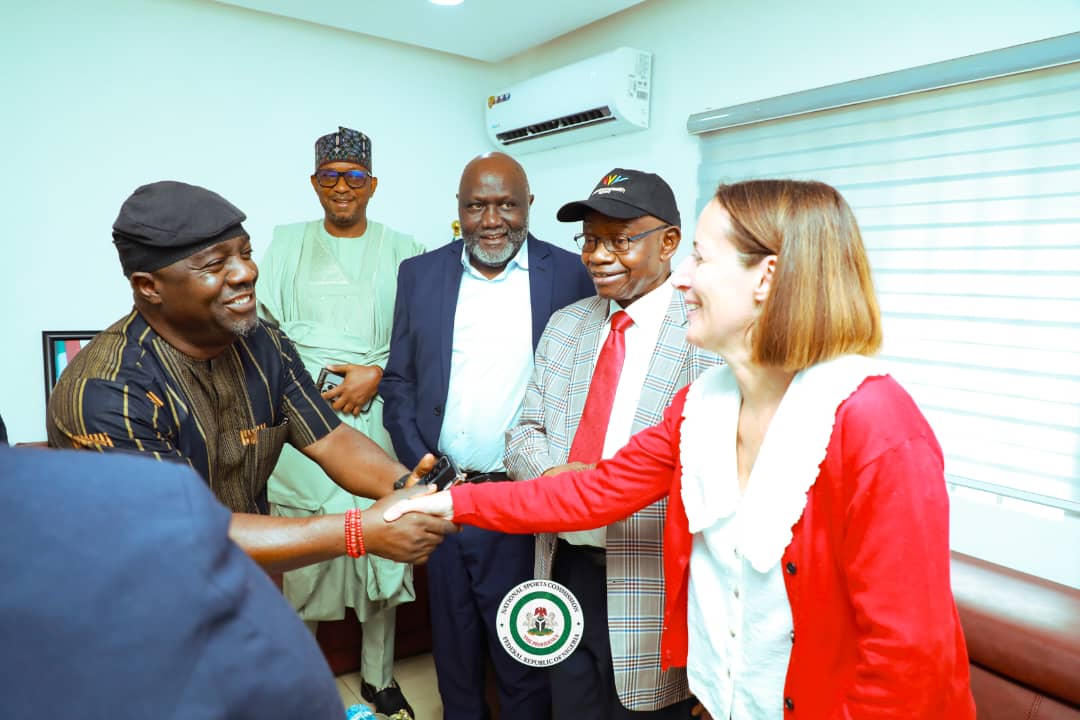Featured
CBN plans to revive 20 textile companies

CBN plans to revive 20 textile companies
Plans are underway by the Central Bank of Nigeria (CBN) to revive at least 20 textile companies before the end of the 2019.
The apex bank had taken the first step in the journey to revive the sector with the flag-off of input distribution to 100,000 cotton farmers, as well as cultivating 100,000 hectares in 23 states of the federation.
To realize this ambitious dream, the CBN Governor Mr. Godwin Emefiele has inaugurated the Textile Revival Implementation Committee.
Members of the committee are drawn from the CBN, Nigeria Incentive-Based Risk Sharing System for Agricultural Lending (NIRSAL), Kaduna State, Federal Ministry Power Works and Housing, Nigeria Customs Services, Federal Ministries of Finance and Agriculture and Rural Development, Ministry of Industry Trade and Investment and Nigerian Export Promotion Council.
The committee which was inaugurated on Thursday in Abuja was charged by the CBN Governor to resuscitate at least 50 textile firms by the end of 2023; collaborate with stakeholders to identify, name and shame textile smugglers in Nigeria as well as develop a framework for eradication of smuggling and dumping of textile products into Nigeria, facilitate the production of 200,000 hectares of cotton fields by 2020 and maintain an annual increase of 100,000 hectares over the next three years.
The Committee is also expected to “work assiduously to deliver a minimum of 50 megawatts of captive power to Cotton, Textiles and Garment (CTG) firms in the interested states by 2021, and facilitate the effective pricing and delivery of gas, black oil and diesel to CTG firms in Lagos and other interested states to enhance their power generation and consumption.”
Speaking at the event, the CBN Governor lamented that “the CTG sector within the last 20 years had suffered a lot of difficulties especially, low cotton production, poor power and transport infrastructure, obsolete production lines, smuggling and counterfeiting, inadequate local patronage, high cost of production, and multiple taxation among others.
According to Emefiele, “smuggling of textile goods alone has been estimated to cost the nation over $2.2 billion. Today, most of the textile factories have all stopped operations and the workforce in Nigeria’s textile industry stands at less than 20,000 people. In addition, a large proportion of our clothing materials are imported from China and countries in Europe.”
Speaking on the rationale behind the inauguration of the textile revival committee, Emefiele noted that “a consolidated approach of this magnitude will afford us economies of scale, synergy in resource utilization and provide a holistic solution to harnessing the potentials of the CTG sub-sector in Nigeria.”
He was optimistic that “the CBN would resuscitate the cotton belts nationwide and grow the value chain till the last mile of textile production. We will need to set timelines for these deliverables and charge the technical committees to develop road maps that must be achieved within the set timelines,” he added.
The Nation.
Featured
Nigeria’s Historic Bid for the 2030 Commonwealth Games: A Call for National and Global Support

Joel Ajayi
Nigeria is poised to make history as it seeks to host the Centenary Commonwealth Games in 2030, a monumental opportunity that promises to transform the nation’s economy, infrastructure, and global standing.
More than a sporting spectacle, the Games would serve as a catalyst for development across multiple sectors, leaving behind a legacy of national pride and sustainable growth.
The benefits of hosting the Games extend far beyond the sports arena. Nigeria stands to gain both empirical and non-empirical advantages, with direct, indirect, and induced impacts that will touch every corner of society. Infrastructural development will take center stage, with new facilities such as indoor sports halls, conference centers, and improved road networks reshaping urban landscapes while strengthening the nation’s capacity to host future international events.
Economic growth is another significant dividend. Over 10,000 jobs are expected to be created, spanning construction, facility management, event planning, and tourism services.
The hospitality industry will undergo major improvements as hotels and resorts are upgraded to meet international standards, while local restaurants, lounges, and tourist attractions will see a surge in patronage from international visitors. Small and medium enterprises, particularly in the transport, finance, and food service sectors, will become some of the greatest beneficiaries, as the Games generate new demand and expand opportunities for local businesses.
The Commonwealth Games will also accelerate the growth of Nigeria’s sports industry.
Investments in training facilities, coaching, and talent development will inspire a new generation of athletes, ensuring long-term benefits that extend beyond 2030, a major focus of the President Bola Tinubu administration.
At the same time, the process of preparing for the Games will create opportunities for Nigerians to learn new crafts, acquire technical skills, and engage in global-standard event management, thereby strengthening human capacity and innovation across industries.
Mallam Shehu Dikko, Chairman of the Nigeria Sports Commission, and Hon. Bukola Olopade, the Director General, have been widely recognized for their tireless and visionary leadership in repositioning Nigeria’s sporting sector.
Their commitment to facilitating infrastructural development and strengthening grassroots sports development has laid the foundation for Nigeria’s bold bid to host the 2030 Commonwealth Games. Under their leadership, the NSC is fostering strategic partnerships and driving innovation in sports administration, they have demonstrated the nation’s readiness to stage an event of such global magnitude.
Beyond the tangible gains, the hosting of the 2030 Commonwealth Games carries profound symbolic value. It would be a moment of unity and pride, a chance for Nigeria to showcase its cultural richness, resilience, and excellence to the world.
As a centenary edition, the Games would stand as a historic milestone not just for the Commonwealth but for Nigeria itself, cementing its place on the global stage as a capable, ambitious, and forward-looking nation.
The gains from hosting the Commonwealth Games can never be undermined or overemphasized. This is Nigeria’s time to step forward and show the world our resilience, and excellence. We call on every Nigerian, across sectors and communities, to support this noble aspiration.
Nigeria’s pursuit of the 2030 Commonwealth Games is a vision for transformation, a blueprint for national development, and a legacy project that will inspire generations to come.
-

 Featured6 years ago
Featured6 years agoLampard Names New Chelsea Manager
-

 Featured5 years ago
Featured5 years agoFG To Extends Lockdown In FCT, Lagos Ogun states For 7days
-

 Featured6 years ago
Featured6 years agoChildren Custody: Court Adjourns Mike Ezuruonye, Wife’s Case To April 7
-

 Featured6 years ago
Featured6 years agoNYSC Dismisses Report Of DG’s Plan To Islamize Benue Orientation Camp
-

 Featured4 years ago
Featured4 years agoTransfer Saga: How Mikel Obi Refused to compensate me After I Linked Him Worth $4m Deal In Kuwait SC – Okafor
-
Sports3 years ago
TINUBU LAMBAST DELE MOMODU
-

 News9 months ago
News9 months agoZulu to Super Eagles B team, President Tinubu is happy with you
-
Featured6 years ago
Board urges FG to establish one-stop rehabilitation centres in 6 geopolitical zones
